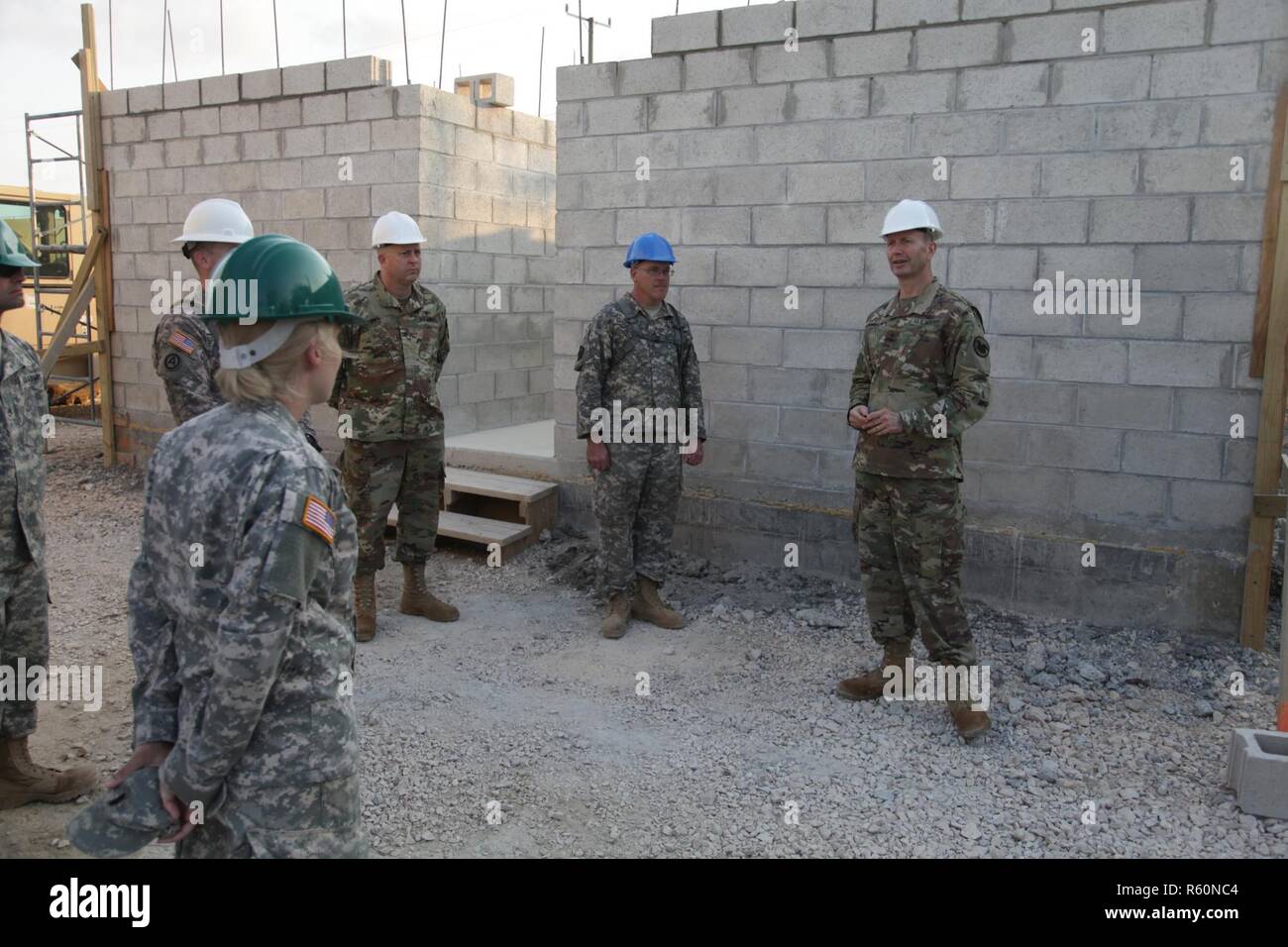

In either case, the Taliban suddenly now has a lot more to prove to the outside world. If they didn’t, then they should take action against the Haqqanis. If they did provide sanctuary, then the commitments they signed in Doha were meaningless.

It appears unclear at the moment whether other Taliban leaders were similarly intimately involved in providing sanctuary to the leader of al-Qaeda in their capital.

Senior Biden administration officials have made clear that senior leaders in the Haqqani network-a US-designated terrorist group and a key element of the Taliban-supported Zawahiri’s move to Kabul and helped spirit away his family after the strike. The leaders of the Taliban, however, should not sleep so soundly. But with today’s news, Biden and his team, ably led by Liz Sherwood-Randall at the White House, will go to sleep tonight with a deep sense of vindication and take a well-deserved victory lap. This decision was criticized by many counterterrorism experts at the time, myself included. This is a particularly notable accomplishment for President Biden, who decided to withdraw remaining US forces and leave Afghanistan to the Taliban, relying only on “over the horizon” counterterrorism operations against al-Qaeda. Now that he is dead we should expect al-Qaeda to go through a period of internal tumult that will serve the US strategic objective of fracturing the organization. While he was not an operational leader like bin Laden, Zawahiri provided strategic guidance to the widely dispersed al-Qaeda network of organizations-consistently urging them to attack the US homeland-and he was one of the few remaining people who could serve as the “glue” to hold the network together. So it was fitting that President Obama announced the death of Osama bin Laden, President Trump announced the death of Abu Bakr al-Baghdadi, and now President Biden has announced the death of Zawahiri, a man who like the others has the blood of untold innocents on his hands. While strikes against high-value targets are generally not a substitute for comprehensive counter-network operations, exceptions to that rule are made for the highest of high-value targets, and such strikes merit presidential announcements. It appears that the strike was taken in such a way as to finish the target without inflicting any collateral damage, a factor that was critical for President Biden and an example of tactical expertise that is matched by no other country today. The death of Ayman al-Zawahiri is a triumph first and foremost for the thousands of professionals in the US special operations and intelligence communities whose quiet, steadfast work over the last two decades culminated in today’s news. Seth Stodder: Zawahiri’s killing raises more questions than it resolvesīernard Hudson: Zawahiri’s last moments were spent only blocks from the former US Embassy in Afghanistan A sense of vindication for Biden and a moment of truth for the Taliban Marc Polymeropoulos: ‘This is an incredibly personal moment’ Harnisch: Terrorists should take note: The US remains undeterred Javed Ali: Counterterrorism operations have dealt a big blow to the original al-Qaeda-but not all affiliatesĬhristopher K. Warrick: Beware premature lessons from Sunday’s success Norman Roule: What to expect next from a withered al-Qaeda Nathan Sales: Three critical counterterrorism concerns raised by the strike

Costa: To build on the success of the Zawahiri strike, expand spy networks in Afghanistan Wechsler: A sense of vindication for Biden and a moment of truth for the TalibanĬhristopher P. This post will be updated with fresh analysis as this story develops and our expert reactions roll in. “No matter how long it takes, no matter where you hide, if you are a threat to our people, the United States will find you and take you out,” said US President Joe Biden, announcing the operation at the White House on Monday night.įor answers about what this strike means for al-Qaeda, the US approach to counterterrorism, and Afghanistan’s future, we turned to experts across our network of Atlantic Council fellows and members of our Counterterrorism Study Group. With an early Sunday morning drone strike in downtown Kabul, the United States killed Ayman al-Zawahiri, one of the masterminds of the 9/11 attacks and the leader of the al-Qaeda terrorist network since the 2011 death of Osama bin Laden. AugExperts react: Al-Qaeda chief Ayman al-Zawahiri is dead.


 0 kommentar(er)
0 kommentar(er)
